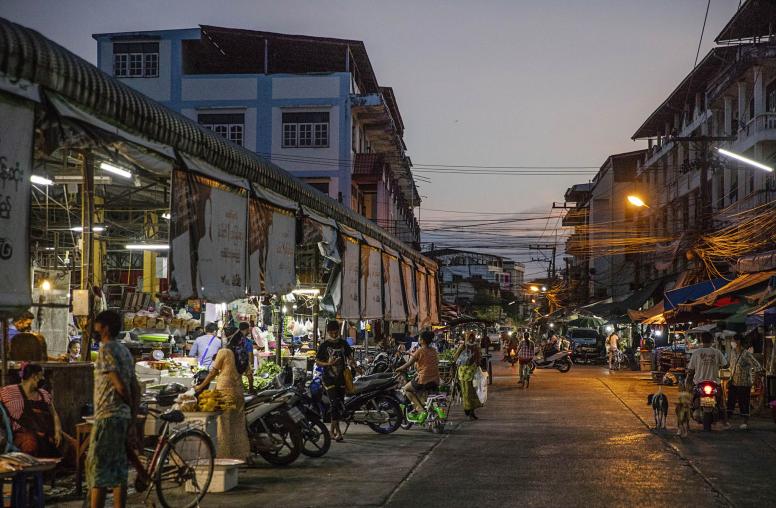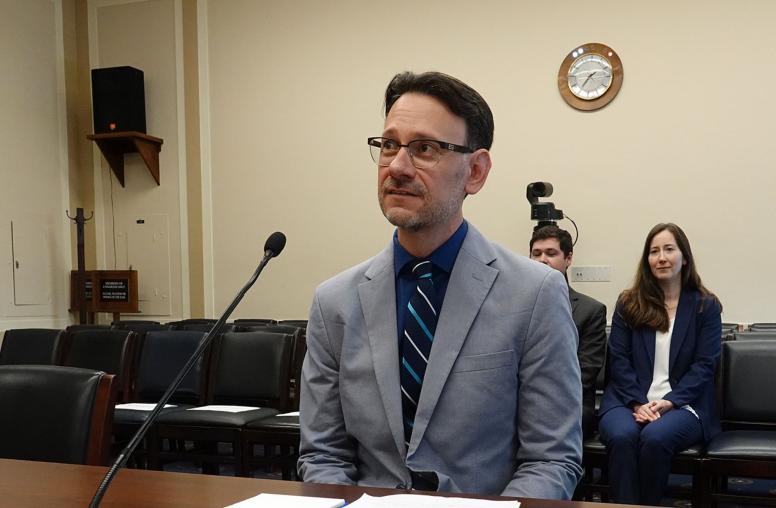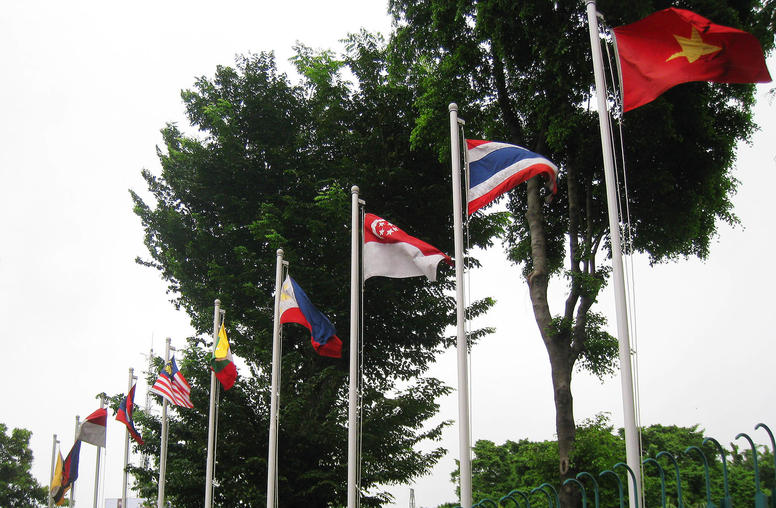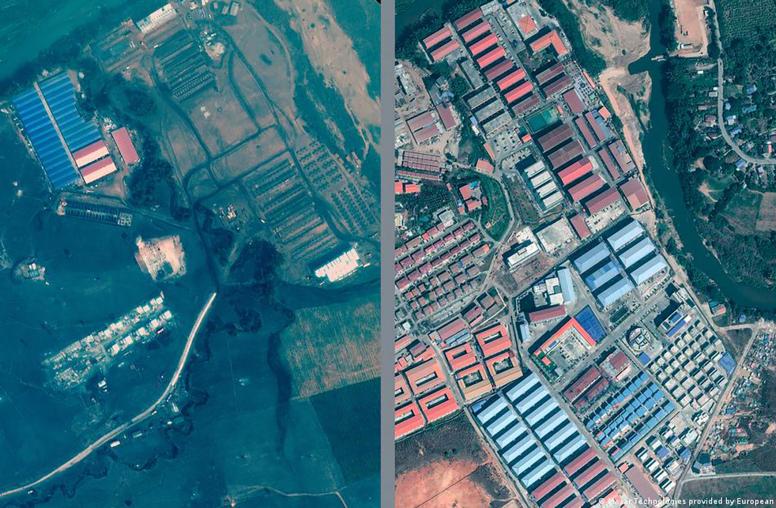 Cambodia
Cambodia
A pivotal Southeast Asian nation emerging from the effects of war and genocide, Cambodia continues to grapple with domestic and geopolitical challenges. The United States and Cambodia have had full diplomatic relations since the election of the first post-conflict government in 1993 through ups and downs in political stability. The U.S. Institute of Peace supports community-level initiatives led by Cambodian civil society that emphasize youth leadership, conflict resolution, and education on the legacy of the Khmer Rouge. USIP includes Cambodia in regional programs on war legacies, transnational crime and strategic competition, aiming to strengthen U.S.-Cambodia relations and prevent future conflict.
Featured Event
Recent Analysis
Featured Publications

The Latest on Southeast Asia’s Transnational Cybercrime Crisis
Increasing scrutiny and exposure of global internet scams based in Southeast Asia has sparked fast-moving developments to quash the schemes and countermoves by the organized gangs behind them. Recent months have seen crackdowns, arrests and internet cutoffs by law enforcement agencies and regional governments. Meanwhile, Cambodia and Myanmar continue to be the most egregious havens for criminal operations, while Laos seems to be demonstrating early signs of concern for the impact of organized crime on its sovereignty.

Southeast Asia Web Scams Reach U.S., Setting Off Alarms for Law Enforcement
From their base in ungoverned stretches of Southeast Asia, international criminal networks are prowling the Internet, seeking to defraud victims around the world with sophisticated and psychologically devastating scams. Gangsters operating out of Myanmar, Cambodia and Laos, relying on forced labor, have spread their tentacles through Asia, Africa and Latin America and increasingly within the United States, stripping gullible prey of at least $64 billion annually. Clearly, to eradicate such a global menace will require a coordinated international response. Even so, the United States is not internally powerless to confront this striking example of how conflict and corrupt governance in distant parts of the world can directly threaten Americans’ security and well-being.

Examining the 2024 Annual Trafficking in Persons Report: Progress over Politics
Jason Tower, country director for the Burma program at the U.S. Institute of Peace, testified on July 9, 2024, before the U.S. House Foreign Affairs Committee Subcommittee on Global Health, Global Human Rights and International Organizations’ hearing on “Examining the 2024 Annual Trafficking in Persons Report: Progress over Politics.”
Current Projects

Southeast Asia in a World of Strategic Competition: An Essay Series
Great power rivalry between the United States and China is frequently described in bilateral terms, with regions of the world — including Southeast Asia — merely serving as arenas of competition. But this framing ignores the agency of third countries in managing the risks and opportunities presented by this competition. To explore these countries’ agency and the corresponding policy options, this USIP essays series includes contributions from 10 Southeast Asia-based experts. Each essay provides one country’s perspective on how the members of the Association of Southeast Asian Nations (ASEAN) perceive and respond to strategic competition between the United States and China.

Vietnam War Legacies and Reconciliation Initiative
In 2021, the U.S. Institute of Peace launched a multiyear project to foster greater dialogue both in and between the United States and Vietnam on war legacy issues and reconciliation. This project stems from the U.S. Congress’s landmark 2021 authorization for the U.S. government to assist Vietnam in identifying its missing personnel, following decades of Vietnamese cooperation to help the United States conduct the fullest possible accounting of U.S. personnel. This project will support this bilateral initiative while also engaging in the work that remains to addresss legacies of war — including the continuing impacts of Agent Orange and unexploded ordnance — and to deepen reconciliation.

Transnational Organized Crime in Southeast Asia
Over the past decade, Southeast Asia has become a major breeding ground for transnational criminal networks emanating from China. USIP assembled a senior study group to assess one of the most pernicious aspects of such criminality: rapidly spreading, industrial-scale scam compounds that rely on forced labor lured from around the world. The senior study group convened four meetings to share research and information on the trends, dimensions and character of the criminal networks operating the scam compounds and developed recommendations for countering their malign effects.